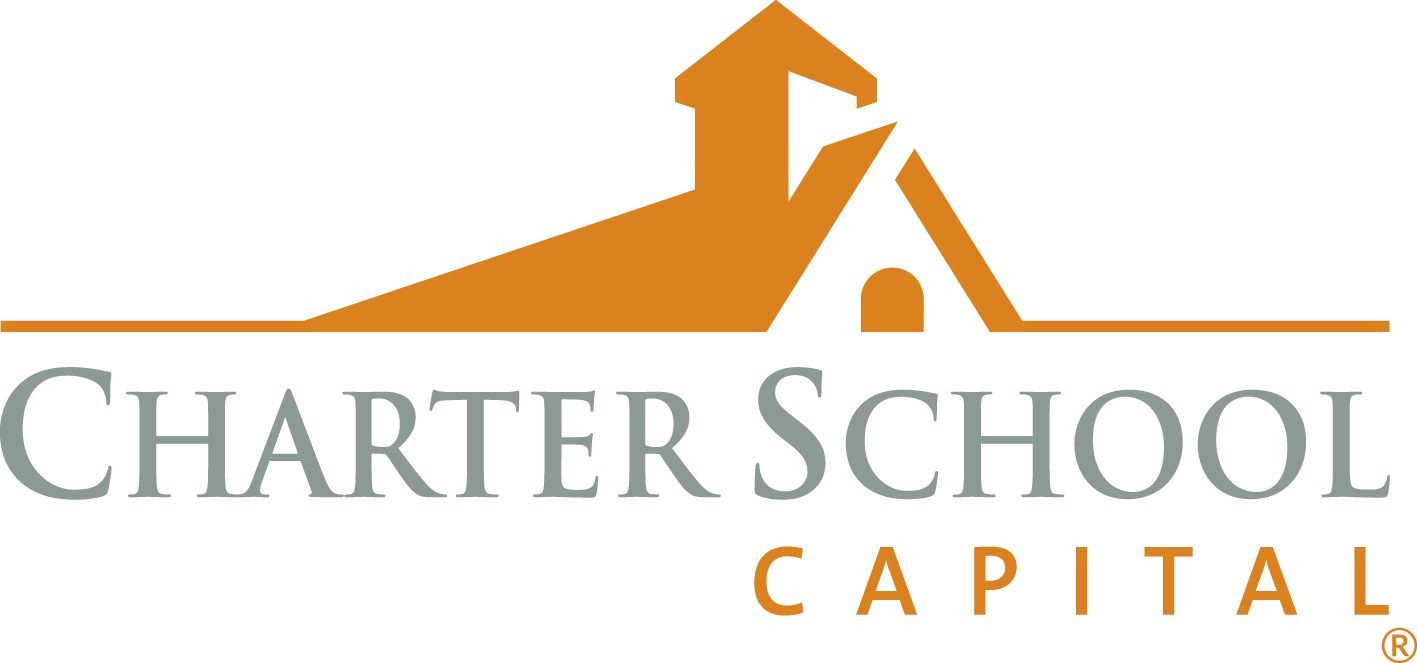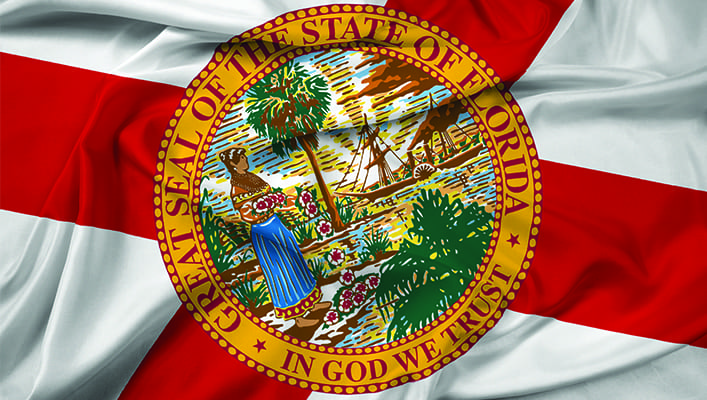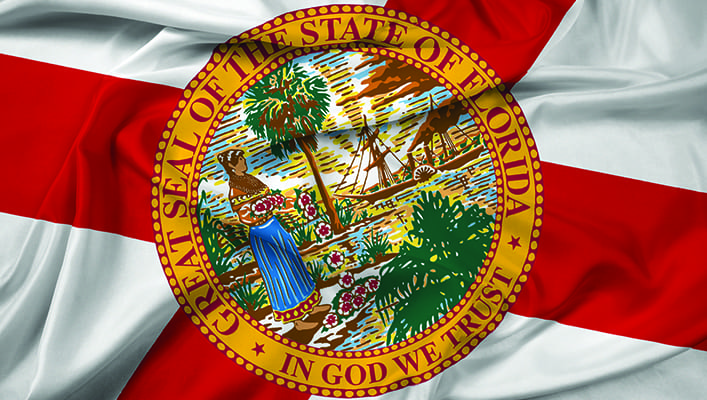 California Legislative Update: Governor Presents May Revision
California Legislative Update: Governor Presents May Revision
Here’s your latest California legislative update:
Last week, Governor Newsom presented the May Revision to his January budget proposal. The Revision reflects funding and policy changes to the Governor’s original proposal. Below are some of the more prominent changes in the document.
- The May Revision includes $101.8 billion ($58.9 billion general fund and $42.9 billion from other funds) for all K-12 programs.
- Proposes $696.2 million ongoing Proposition 98 funding for special education. This is $119.2 million more than the January budget proposal.
- Includes $500,000 one-time non-Proposition 98 funds to increase local educational agencies’ ability to draw down federal funds for medially related special education services and improve the transition of three-year-olds with disabilities from regional centers to local educational agencies.
- Includes $89.8 million one-time non-Proposition 98 funds to provide 4,500 loan repayments (of up to $20,000) for newly credentialed teachers to work in high-need schools for at least four years.
- $44.8 million one-time non-Proposition 98 funds to provide training and resources for classroom educators to build capacity around inclusive practices, social emotional learning, computer science and restorative practices as well as subject matter competency.
- Includes $15 million one-time non-Proposition 98 funds for broadband infrastructure.
- $1 million one-time non-Proposition 98 funds, available over four years, to the State Board of Education to establish a state Computer Science Coordinator.
- Includes an additional $150 million in one-time non-Proposition 98 funds to reduce the employer contribution rate in 2019-20 for CalSTRS. This is in addition to the $3 billion included in the January budget.
RELATED: March California Legislative Update and Senate Bill 126
The Revision also includes a specific section on charter schools; see below.
California legislative update for Charter Schools:
The Administration is committed to a system where traditional and charter schools work together to serve the best interests of all students in a community. The May Revision proposes statute to level the playing field for both traditional and charter schools. Specifically, the May Revision includes the following proposals to prevent families from being wrongfully turned away from the public school of their choice:
- Prohibits charter schools from discouraging students from enrolling in a charter school or encouraging students to disenroll from a charter school on the basis of academic performance or student characteristic, such as special education status.
- Prohibits charter schools from requesting a pupil’s academic records or requiring that a pupil’s records be submitted to the charter school prior to enrollment.
- Creates a process for families of prospective and current charter school students to report concerns to the relevant authorizer.
- Requires the Department of Education to examine the feasibility of using data from the California Longitudinal Pupil Assessment Data System to identify charter school enrollment disparities that may warrant inquiry and intervention by corresponding authorizers.
These proposals build on charter school transparency legislation signed by the Governor earlier this year and other legislation proposed in the Governor’s Budget that better aligns the governance, transparency, and accountability requirements of school districts and charter schools.
The Governor’s Budget identified growing charter school enrollment as a factor affecting the fiscal condition of some school districts. The Governor requested that the State Superintendent of Public Instruction convene a task force to examine the fiscal impact of charter schools on school districts. The Charter Task Force is expected to deliver recommendations to the Administration by July 1.
 Since the company’s inception in 2007, Charter School Capital has been committed to the success of charter schools. We help schools access, leverage, and sustain the resources charter schools need to thrive, allowing them to focus on what matters most – educating students. Our depth of experience working with charter school leaders and our knowledge of how to address charter school financial and operational needs have allowed us to provide over $1.8 billion in support of 600 charter schools that have educated over 1,027,000 students across the country. For more information on how we can support your charter school, contact us. We’d love to work with you!
Since the company’s inception in 2007, Charter School Capital has been committed to the success of charter schools. We help schools access, leverage, and sustain the resources charter schools need to thrive, allowing them to focus on what matters most – educating students. Our depth of experience working with charter school leaders and our knowledge of how to address charter school financial and operational needs have allowed us to provide over $1.8 billion in support of 600 charter schools that have educated over 1,027,000 students across the country. For more information on how we can support your charter school, contact us. We’d love to work with you!

